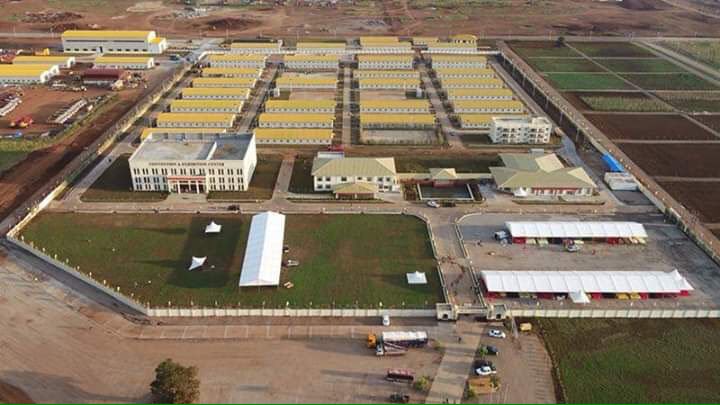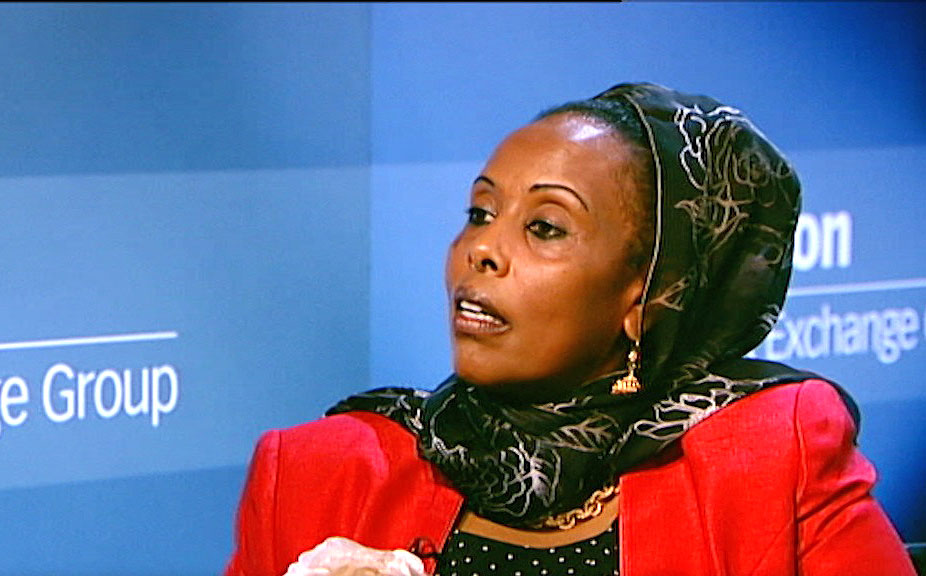By Kainomugisha Caroline
The recently concluded State of Nation Address (SoNA) delivered by H.E Yoweri Kaguta Museveni on 6th June 2019 as is expected of him annually addressed many issues. In his introduction, he highlighted that the economy has grown at an average of 6.92% and the per capita income has grown at an annual average rate of 3.6% from 1986 to 2015.
It is imperative to note that our exports contributed $7.012bn in 2018/19 receiving $3.8bn from trade in goods and $1.89bn from services most of which are destined to Africa. In fact in 2017, 63% of Uganda’s exports went to Africa and 18% to Asia. These exports include coffee, cotton, maize, gold, sugar & sugar confectionary among others.

This rise in export earnings can be attributed to factories and industries such as Kakira sugar works and Maganjo Grain Millers Limited which export tons of value added sugar and maize flour products annually. These factories depend on raw materials from small scale growers who collectively sell their harvest and earn incomes to command better standards of living. A case in point are the Basoga who have thrived and monopolized the sugar cane growing business since time immemorial.
On 13th April 2017, President Museveni launched the 2020 Coffee road map which has seen coffee exports earnings rise to $492m from 4.5m bags in FY 2017/18. The national objective according to Uganda Coffee Development Authority (UCDA) is to increase production to 6m bags in 2019/2020 and 15 million by 2039/2040. Being quite optimistic, the president has proposed a robust plan to steadily increase Uganda’s production capacity to 2.2 tons from the current 0.67 tons per hectare. This will be possible by benchmarking and putting into practice the Brazilian model where 1,300 trees are planted per acre as opposed to Uganda where 450 trees are planted per acre with a spacing of 3 by 3 meters between row and columns.
Farmers can also help attain the national objective of 6m bags by 2019/20 by planting Coffee Wilt Disease (CWD) resistant Robusta with a spacing of 1 by 3 meters between rows and columns, use of fertilizers with a source of potassium have proven to be yield 55m 6okg bags of coffee annually in Brazil the world’s largest coffee producer.
On the industrialization front, government embarked on a robust strategy to invest in factories all over the country. Just recently, Soroti fruit factory, Auro Meera paper factory, Nile agro-industries, Nile Aluminium limited all in Jinja , Dairy industry in Ankole, Vegetable Oil industry in Kalangala, Tea industry in Toro and the Kigezi sub-regions and many more were commissioned by the President.
These factories have created jobs in tens of thousands. In fact, credit should be given where is it due to the likes of Mr. Patel Meghi Megan, who came to Uganda in 1997 and has so far established a total of 26 factories in the country that currently offer 12,000 direct jobs and 50,000 indirect employment opportunities.
In his address, His Excellency stated the government has put high stakes in the Atiak sugar factory which now stands at 44% investment while 56% is held by Horyal Investment holding Company Ltd. The factory supports over 5,000 out growers, employs about 1500 people and has a working relationship with the Gulu Women Entrepreneurs Association Limited with an aim to directly support the livelihoods of rural women and elevate them from poverty.
Government has also taken keen interest in industrial parks to support industrialization and job creation and so far 4,900 factories in total exist in Uganda with 284 new factories already in the Industrial Park at Namanve, 11 in Luzira industrial and Business Park, 10 in Bweyogerere industrial estate, 8 in Jinja industrial and Business Park, 10 in Soroti industrial and Business Park, 16 in Kasese industrial and Business Park and 42 in Mbarara SME Park.
Increase in the number of factories in Uganda, translates into increased production of goods both for domestic use and export. This provides quality goods for consumption as long as they have been certified by Uganda National Bureau of Standards (UNBS) which contributes to better standards of living for the citizens. More factories also means more employment opportunities are created both directly and indirectly. This gives the people more purchasing power in form of income to command better services i.e. health and education. People are also able to pay more taxes to Uganda Revenue Authority which taxes are used to provide public goods such as roads, hospitals, bridges, airports and many others.
However, industrialization without economic integration is futile in the long run because the domestic market cannot consume all that is produced by the existing 4,900 factories. It is for this reason that the East African Community is a necessary ingredient in this journey to the fourth industrial revolution. The President continues to put forth commendable efforts to ensure economic integration, Pan Africanism and Patriotism.
The writer is Communications Assistant at Government Citizen Interaction Centre (GCIC), Ministry of ICT and National Guidance.





